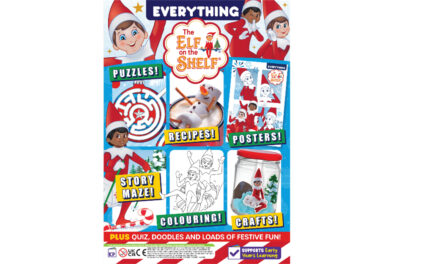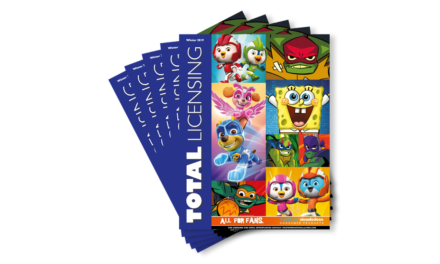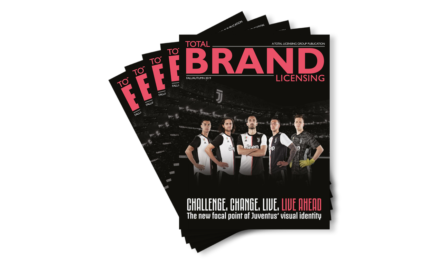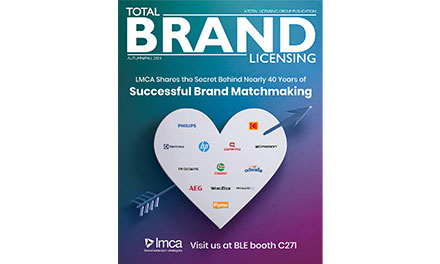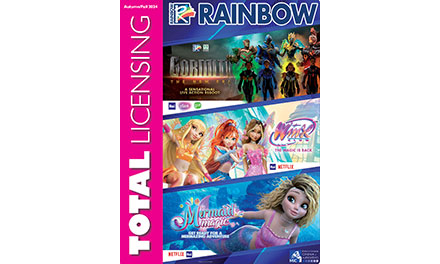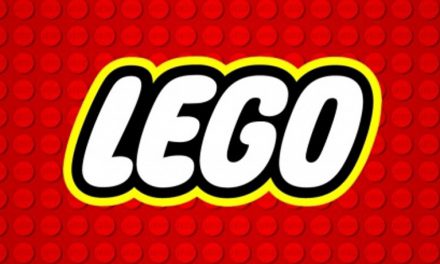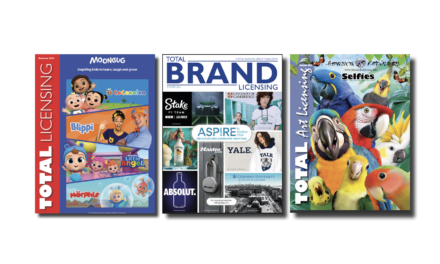
Don’t Call it brand ‘licensing’
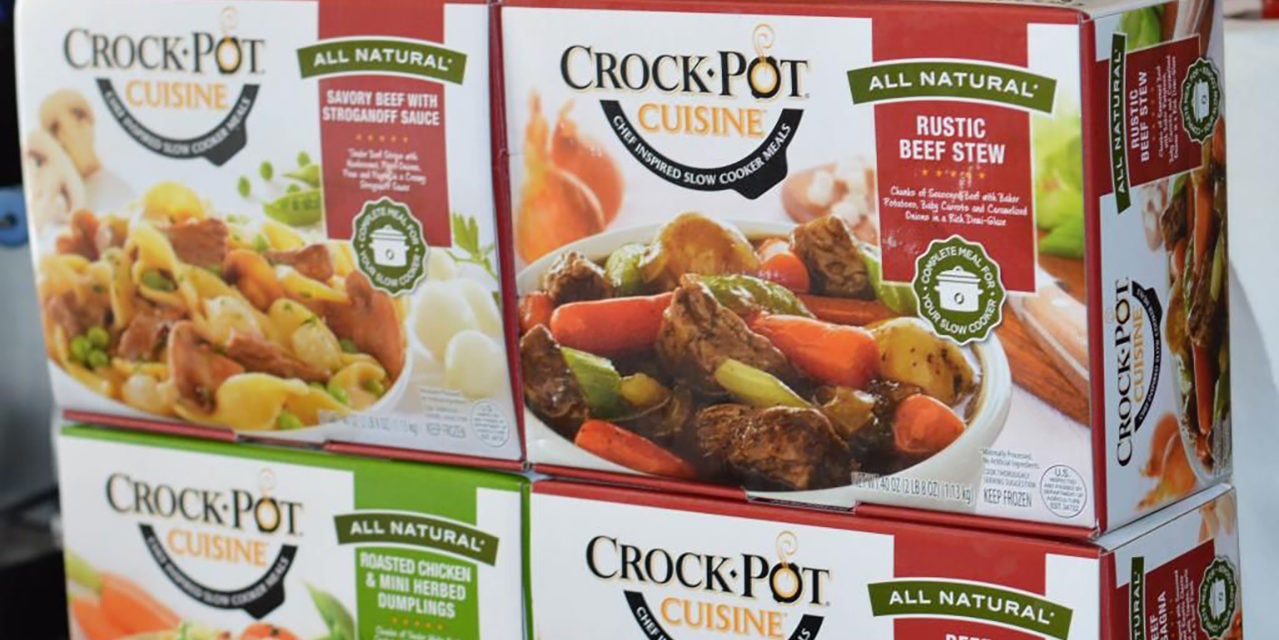
How you describe your profession matters mightily. I help brands expand.
By JEFF LOTMAN
Imagine you’re standing in front of a room full of chief marketing officers, or CMOs, from the Fortune 1,000. You have one minute. You offer up the following pitch:
“Everyone here knows the traditional communications playbook: Marketing, public relations, advertising, social media. Some of you may also use product placement and/or spokespeople.
“These are important programs, yet they all share one fatal flaw: Each costs money — a lot of money — and each has a hard-to-prove ROI.
“By contrast, what if I told you about a tactic that won’t cost you a cent, but instead will make you money?
“There’s more. This tactic isn’t about just the money. It’s really about market share. Do it right, and you’ll broaden your brand, gain new customers, and overtake your competitors. This is truly a case where the sky’s the limit.
“Finally, lest you think I’m hawking some get-rich-quick, flash-in-the-pan scheme, consider those who swear by it: This tactic is embraced by the likes of Nokia, Major League Baseball, and Lamborghini, each of which draws on it to rake in billions of dollars a year.
By this point, 80% of the room is hooked. How could they not be? After all, these are people who don’t blanch at making a multimillion-dollar ad buy — and now they’re being offered the chance to make their department a cash cow rather than a cost center and bring in new customers!!
Then I drop the hammer. I explain that I help companies license their brand — and all of a sudden all you hear are crickets. The once-pervasive fervor dissolves like a popped balloon. “Licensing?! Isn’t that when you slap our name on a koozie? We’ll get back to you.”
Welcome to my world.
After 20 years brokering relationships between licensors and licensees, I’ve come to the conclusion that “licensing” is the wrong word to describe my industry. It’s too amorphous, too transactional. The term manages to both overplay risks and downplay benefits.
In short, this misnomer is costing companies untold opportunity. Let me explain.
It’s Too Amorphous
First, the word “licensing” is too amorphous. To cite three quick examples, there are dog licenses, patent licenses, and marriage licenses. Indeed, Google the term “licensing,” and the first result is for a driver’s license. When a word can be stretched so far, it’s impossible for a single definition to pierce the zeitgeist.
Making matters worse, the type of licensing I specialize in — brand licensing — is further diluted by its association with its better-known cousin: Celebrity licensing. The difference: Ford is a company that licenses its name to use on pressure washers; Arnold Palmer is an individual who licensed his name to use on iced tea.
And let’s not even get into character licensing — I could write a whole column on the history of Mickey Mouse and New Yorker cartoons.
If these distinctions sound esoteric, you’re right. I often say that half my job consists of explaining what I do. Not selling or pitching. Explaining.
And the explaining is made harder by a quirk of human nature: no one wants to admit when they don’t understand something, especially when it sounds like something they had heard of.
It’s Too Transactional
The second albatross weighting down the word “licensing” is that it sounds too transactional. It suggests a short-term swap, whereas the greatest licenses are long-term, rooted in research, strategy, and controls. Make no mistake about it: The most profitable licensors built their empires judiciously and patiently.
What’s more, the transaction that “licensing” conjures up is one between businesses. Technically, that’s correct: Licensing is a “B2B” program. Yet this imagery suffers from tunnel vision: It spotlights the sausage-making rather than the sausage. It elevates the B2B relationship over the B2C one — i.e., what’s important to the customer.
After all, customers don’t really care who’s ultimately manufacturing the product they’re buying.[1] What influences their purchasing decision is far simpler: That a familiar name and logo are front and center, thus delivering the quality and trust to which we’re accustomed. That’s the promise and power of the “brand” part of licensing.
Brand “Expansion”
So, these are the problems with “licensing.” Let’s see if we can think of a solution.
At first, I was tempted to revive “brand extensions.” This term has the benefit of being established; it boasts its own Wikipedia article and dots headlines in Adweek and HubSpot.
Yet “extension” doesn’t fully capture the benefits of licensing. Consider a few examples:
Caterpillar is known for construction equipment. It parlays that brand to sell shoes. As a result, when you buy a pair of Cat boots, they’re tough and well made. The people who wear them work construction. And whether they’re using Caterpillar equipment or not, they’re telling everyone that they believe in it. Cat boots are thus a walking ad for Caterpillar earthmoving equipment.
Similarly, when Crock-Pot makes meal kits and seasonings that complement its beloved slow cookers, that expands the Crock-Pot lifestyle. It frees the slow-cooker enthusiast from a lot of the food preparation, so she can serve more stew and tell everyone how much she loves making and eating it all week.
Last story. Vicks comforts you when you have a cold. Its lozenges soothe you; the smell of VapoRub makes you think of mom. Vicks vaporizers expand that brand. When you’re suffering, why shouldn’t Vicks make the air moist and calming as you’re downing its cough medicine. And since the vaporizer goes all winter, it reminds you all winter what company can soothe you whenever you’re sick.
These aren’t just brand extensions. They’re brand expansions. They make brands deeper and customer loyalty stronger. They provide customers with new ways to inhale and internalize their favorite names and images.
Indeed, the real opportunity of licensing isn’t the money generated in royalties. It’s about the love affair that’s expanded between customers and their iconic brands.
No More Excuses
Licensing is one of the most misunderstood concepts. One reason for the confusion is that it’s not taught in school. You can get a degree in advertising and branding — and even nannying — but not in licensing, which is a $30 billion industry.
Another reason is that brand licensing is the new kid on the marketing block: As a modern-day practice, it’s less than 30 years ago. By contrast, public relations is celebrating its 100th birthday.
So, it’s not entirely the fault of those that treat “licensing” as repellant. On the other hand, now that we’re talking about “brand extensions,” their excuses hopefully are evaporating.
Jeff
Lotman is the founder and chief executive of Global Icons, an agency that helps clients
such as Nokia, Fireball Whisky, Hostess, and Lamborghini expand their brands.
He is also the chairman of Fred
Segal, an experiential clothing retailer that was
established in 1961. Connect with Jeff on LinkedIn,
where he comments daily on the use and abuse of brand expansions.
[1] Quick: Check the labels on the shirt you’re wearing right now. If you’re like most people, where this garment was made didn’t factor into your purchasing decision.



